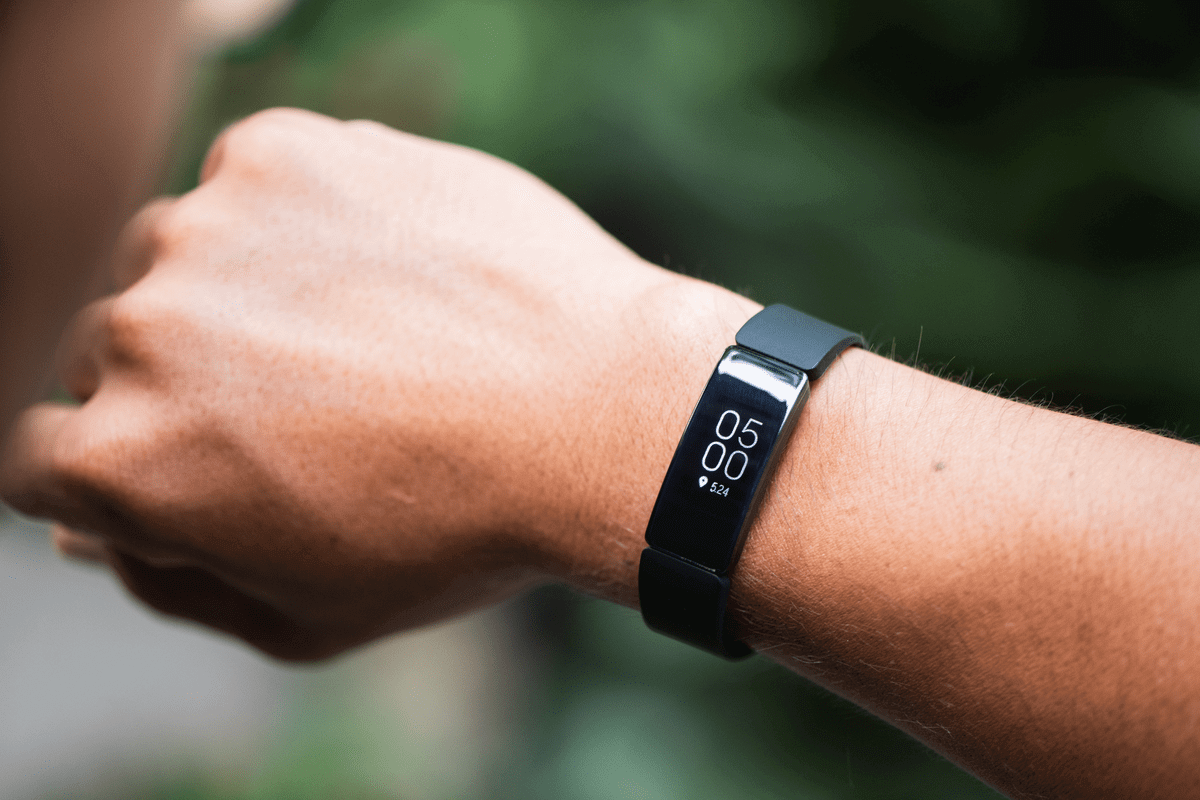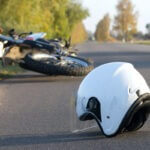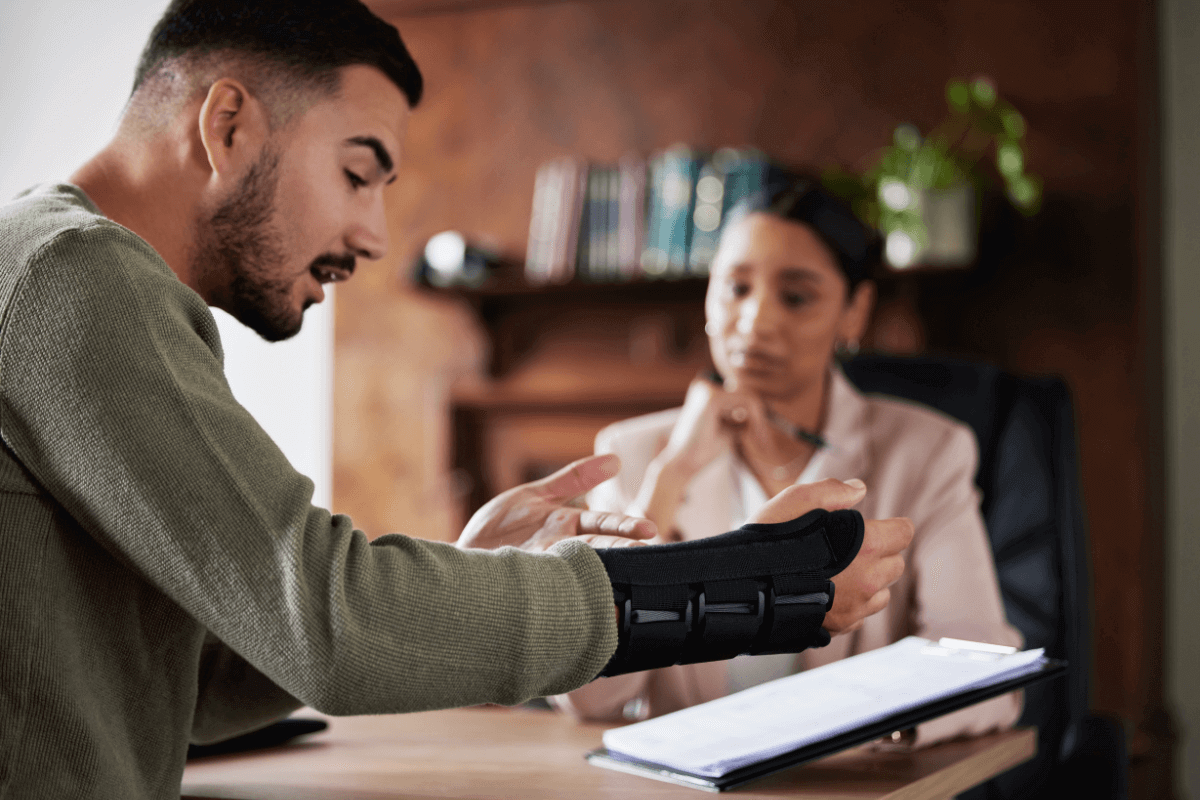
Partner at AKD Lawyers
Practice Areas: Personal Injury, Insurance Claims

Fitbit (now owned by Google) has voluntarily recalled its Ionic Smartwatch as of March 2, 2022, because the watch battery can overheat and poses a burn hazard to wearers. Fitbit is working with the US Consumer Product Safety Commission (CPSC) to recall the Smartwatches as quickly and efficiently as possible.
The recall affects about 1.7 million Ionic Smartwatches sold worldwide from retail and online vendors between September 2017 and December 2021. Fitbit halted production of the Ionic Smartwatch in 2020.
In the US there have been 115 reports of the Ionic Smartwatch batteries overheating and 78 reports of burn injuries – including second and third-degree burns. Fitbit has advised consumers to stop using the Ionic Smartwatch and return it to the company for a refund.
The Fitbit Ionic Smartwatch uses lithium-ion batteries which are known to overheat under certain conditions and may even catch fire or explode. Consumers of products with lithium-ion batteries need to be aware of the risks and use care, especially when charging their devices.
Fitbit Models Being Recalled
The recall affects only the Ionic Smartwatch and does not apply to any other Fitbit devices. The Ionic Smartwatch has a 1.4-inch color screen and an adjustable polyurethane band. There are four Smartwatch models that are being recalled.
- Ionic FB503CPBU – Slate blue/Burnt orange
- Ionic FB503GYBK – Charcoal/Smoke gray
- Ionic FB503WTGY – Blue gray/Silver gray
- Ionic FB503WTNV – Adidas addition – Ink blue/Ice gray/Silver gray
The model number can be found on the back of the device under the ‘CE’ mark. Consumers can visit Fitbit Help to get more information about the recall or get started with the recall process by going to Fitbit Ionic Recall.
Fitbit will provide prepaid packaging for the return of the Smartwatch and will refund each consumer $299 upon receipt of the device. Refunds should be expected in three to six weeks after completion of the registration process. Those that return the Ionic Smartwatch will receive a 40% discount code good for 90 days toward the purchase of another Fitbit device.
Fitbit’s Previous Device Recall
The recent recall is not the first time Fitbit has voluntarily recalled one of its devices. In March of 2014, Fitbit recalled its activity-tracking wristband Force after close to 10,000 complaints of redness, rashes, and blistering on the skin of device wearers.
In an open letter, Fitbit CEO James Park said independent testing showed no problems with the Force battery and concluded that the wearers were experiencing some kind of minor allergic reaction to the materials used to manufacture the device. Consumers were encouraged to see their doctors with concerns and to contact the company for a refund.
Why Lithium-ion Batteries Overheat
Lithium-ion batteries are in everything electronic, from toys to cars. Since their debut in consumer electronics more than 30 years ago, the batteries have become smaller and capable of holding more energy. The challenge for scientists has been to continue to improve on the batteries’ capabilities while keeping cost and safety in mind.
The power from lithium-ion batteries is created from the reaction of chemical components that are flammable and extremely sensitive to heat. When the components become unstable, the batteries can overheat and cause burns, fires, and explosions. When a lithium-ion battery catches fire it tends to spread quickly and is difficult to extinguish.
What Causes Lithium-ion Batteries to Malfunction
Lithium-ion batteries can be damaged before they leave the factory or they can malfunction based on consumer actions. The problems with lithium-ion batteries can occur for any of the following reasons:
- Design flaws – from pressure to develop more compact designs
- Manufacturer defects – product can get contaminated during manufacture
- Poor quality components – a frequent reason for battery failure
- User error – exposing a battery to excessive heat or improper charging
Safety Tips When Using Products That Contain Lithium-ion Batteries
The National Fire Protection Association (NFPA) offers some tips to consumers to help them stay safe when using devices that contain lithium-ion batteries.
- Make sure devices are listed by a qualified testing laboratory
- Follow manufacturer instructions
- Use the battery made for the device
- Install batteries properly
- Only use the charging cord that came with the device
- Do not charge a device near anything that could catch fire
- Keep batteries at room temperature and away from excessive heat
Fitbit’s Liability to Persons Injured by its Products
In Louisiana, manufacturers of products that are unreasonably dangerous when put to a reasonably anticipated use by consumers are liable for the damage caused by their product. Products may be unreasonably dangerous in the following ways:
- Construction or composition
- Design
- Inadequate warning
- Does not conform to an express warranty
When a manufacturer voluntarily recalls a product, it usually means the manufacturer acknowledges that the product is unreasonably dangerous and is making an effort to avoid the potential liability for any damage caused by the product.
For someone injured by a product, the fact that the manufacturer recalls the product can be used as evidence that the product was unreasonably dangerous but does not automatically guarantee that a manufacturer will be held liable.
A recall does not limit the ability of someone injured by a product to bring a claim for damages but may affect their ability to recover based on what they should have known about the dangerous nature of the product and when the information was available to be known.
Getting the Help You Need After Being Injured by a Defective Product
Defective products can cause serious injuries that are completely unexpected by consumers using the products as they were intended to be used. When this happens, the manufacturers of faulty products must compensate those damaged by their product.
It’s alarming to note the variety of products that can be defective and lead to injuries. For instance, there have been reported cases of injuries due to defective DeWalt saws. Similarly, recalls on car seats have been issued due to safety concerns. Even in construction, workers have faced harm due to unsafe conditions at construction sites.
Moreover, motorcycle accidents and issues with insurance claims further highlight the need for vigilant legal representation in such matters.
The New Orleans personal injury attorneys at Alvendia, Kelly & Demarest help clients recover compensation for injuries received when using unreasonably dangerous products. Our practice is focused on providing quality legal care for persons who are wrongfully injured by another person or business. For a free consultation, contact us here or call our office at 504-618-1632.
Categories

In 2003, after being dissatisfied with the quality of legal care for victims of car accidents, Roderick ‘Rico’ Alvendia sought to establish a new firm focused on providing high-quality legal services to aid injured victims and their families. J. Bart Kelly, sharing Rico’s passion for upholding justice, joined the firm later that year, and established a partnership.






